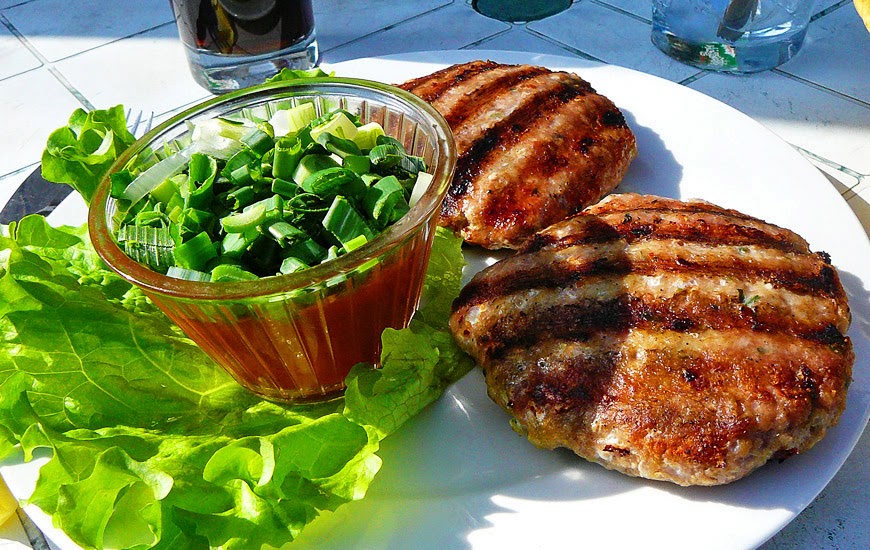Top Five Foods You Must Try In Bulgaria

Here at Balkan Holidays, we believe Bulgarian cuisine is vastly underrated on the global scene. Move over, delicatessens of France and sushi bars of Japan - we think it's high time the eateries and restaurants serving shopska salad and tarator get their turn. Bulgaria has a reputation for having a varied and exciting eating scene that also manages to be very healthy. When it comes to choosing something to drink with your meal, opt for one of Bulgaria's famed wines, which are grown and bottled all over the country and have attained worldwide recognition.
If your taste buds start tingling, locate the nearest establishment selling food and order one of these tasty dishes.
Shopska salad
When it comes to starting your meal, you can't do much better than a well-prepared shopska salad. Bulgaria's legendary policy on using fresh vegetables comes to the forefront here - crisp cucumber slices, juicy tomatoes, crunchy onions and flavoursome peppers are all thrown in with a sprinkling of local cheese. While these are the most common ingredients, they are by no means the only ones you may find, and recipes might also contain parsley, jalapeños, olives and a vinegar-based dressing. Delicious.
As a starter, shopska salad is traditionally consumed with a small cold rakia, which is a popular alcoholic beverage throughout the country. You'll find it is drunk at lunchtime in very small quantities as a workman's pick-me-up. Rakia can be likened to a strong fruit brandy in taste.
Tarator
If you've spent all day in the glorious hot Bulgarian sun working on your tan and feeling a bit dehydrated, there is nothing more refreshing than a serving of tarator. This popular meze (appetizer) is made using yoghurt, cucumber, sunflower or olive oil and walnuts before being seasoned with garlic and dill both of which can be omitted if so desired and is usually served chilled or even with ice. A salad version of tarator is known as Snejanka, also called Dry Tarator is available. Tarator is a popular dish in Bulgaria and can be served as an appetizer or as a side to the main meal.
Kyufte
The smell of kyufte being grilled is enough to get anyone's mouth watering in anticipation. Consisting of a tasty meatball, the Bulgarian variant is typically made from ground beef or pork, or even a mix of the two. During your time in the country, it's worth trying all three meats as you're sure to have an interesting meal that way. Why not ask the waiter for a selection plate of kyufte? Diced onions, various herbs and spices and soaked bread are also used in the mixture, which is then shaped into rough balls before being shallow-fried or grilled. You'll find this is an immensely popular dish that is served in a great many restaurants.
Kyufte might be eaten with a salad or another side dish, or you may find them served in a soup. This is a particularly good way to enjoy them as you get not only the juicy meatball but also a tasty broth.
Mekitsa
The main meal is over; now you're probably wondering what to have for dessert. Don't opt for the usual ice cream or cheesecake while you're in Bulgaria, however. A casual glance down any menu in Bulgaria will probably reveal mekitsa somewhere - it's a much-loved after dinner treat. Consisting of kneaded dough made with yoghurt, it is usually served with jam or cream and sprinkled with icing sugar. White cheese may also feature.
Although it's quite a sweet dish, you might find mekitsa is served for breakfast in some cafés or restaurants. But no matter which meal you choose to have it for, it's well worth a try during your stay in Bulgaria.
Cheverme
Cheverme is less of an actual dish and more of a cooking technique, but we simply couldn't miss it out from this list, it's just such a tradition in Bulgaria. If you go to a restaurant - particularly on days of celebrations or festivals - you may well see a complete animal being roasted on a split within a special dedicated oven. Often, this will be a pig (as dictated by tradition) but it's not uncommon to see a chicken or lamb rotating gently over an open fire.
The cooking process takes between four to seven hours, but this is time usually well-spent as people commonly chat to their friends, family or fellow diners while the meat is cooking. Meat cooked on the cheverme is then sliced up and generally served meshana skara-style, with plates of mixed meat being served to diners with salads and other side dishes. Thanks to traditional cookery methods and the use of various herbs and spices, it always tastes delicious. If you can, seek out a cheverme during your time in Bulgaria as it will give you a very authentic experience of the warm and wonderful dining culture in this incredible country.
